
I’ve been cooking for as long as I can remember. My mother taught me how to make the perfect omelette when I was seven years old, and since then, I’ve only gotten better at making delicious food. But sometimes, even experienced chefs can make mistakes in the kitchen. If you’ve ever wondered why your eggs were watery, or why your steak was charred beyond all recognition—we’re here to fix that problem! In today’s blog post we’ll be taking a look at 11 foods that should never be put into the fridge and why doing so could ruin them forever. Frozen items are not always good as we think.
Onions
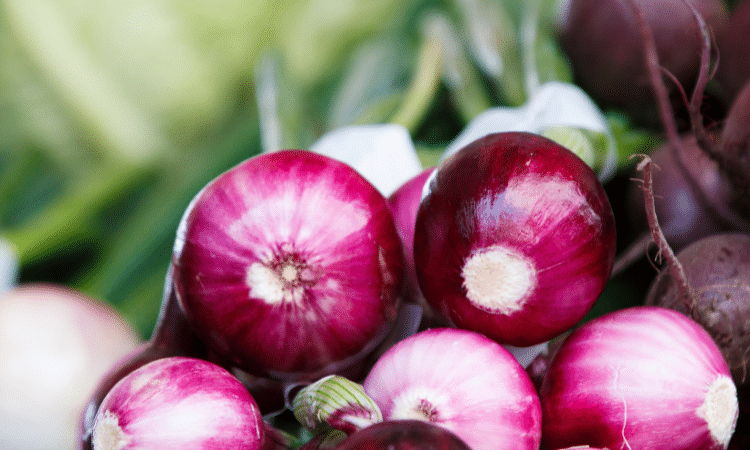
Onions belong on the counter or in a cool, dry place. They need to breathe so they don’t go bad as quickly, and keeping them in the fridge can make them lose their flavor. Onions will produce a gas that makes our eyes water when they’re stored together with other vegetables— like garlic and potatoes — so it’s best to keep them separate if possible. Do Not freeze them.
Melons
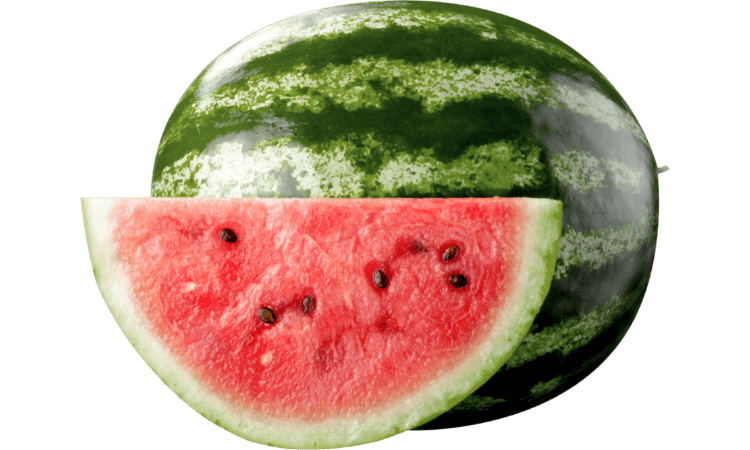
Melons are best left on the counter, as they need to breathe. If we freeze them in the refrigerator, they’ll spoil faster! Another thing that we must know about melons: it’s possible to store them at room temperature for up to a week, but after that point, refrigeration is recommended for up to three days.
Garlic

Garlic is one of those vegetables that should seldom be refrigerated. In fact, the cooler temperature can actually do more harm than good to garlic’s flavor.
The shelf life of whole heads of garlic is about a month, but it’ll last even longer if we keep it in a cool, dry place—around 60 degrees Fahrenheit is ideal.
Tomatoes
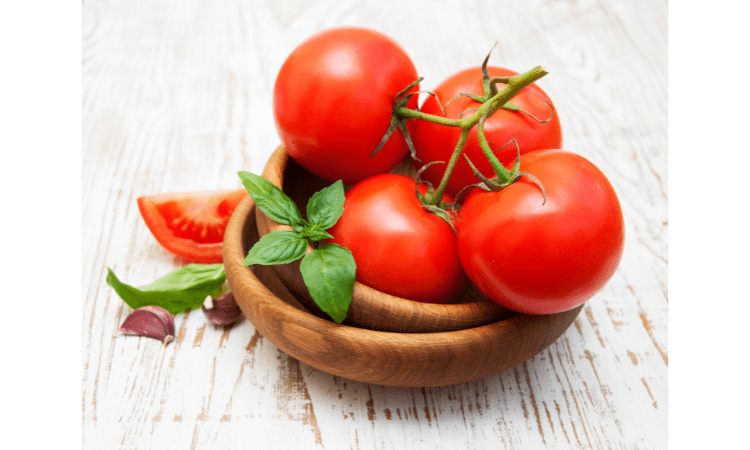
Tomatoes, like all fruits and vegetables, are sensitive to temperature changes. When we refrigerate tomatoes they will lose their flavor, especially if they’ve been cut or peeled. If we need to store them for a while (up to a week), keep them in a cool area without any heat sources nearby.
If we do have to keep our tomatoes in the fridge, try not cutting them until just before serving so that they don’t lose their flavor too quickly. We must never use frozen tomatoes.
Potatoes

Potatoes must be stored in a cool, dry, dark place. This will increase their shelf life.
Potatoes must not be refrigerated. Refrigeration causes them to turn brown and become soggy, which reduces their flavor and texture.
Potatoes must not be stored in plastic bags because they can cause the potato’s skin to turn brown over time due to damage caused by the chemical reaction between oxygen and chlorophyll (and other pigments present on the surface). Frozen potatoes are not at all good for health.
Stone fruits
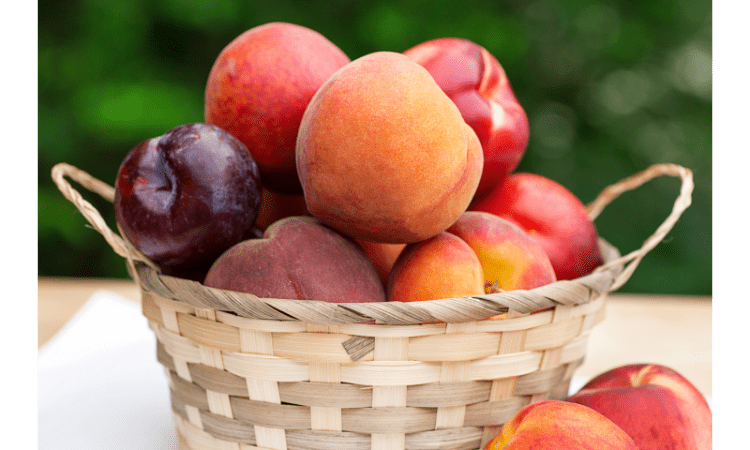
Stone fruits, like peaches and plums, are best left at room temperature. They are sensitive to changes in temperature and ripen faster if left out. Always avoid frozen stone fruits.
Bread
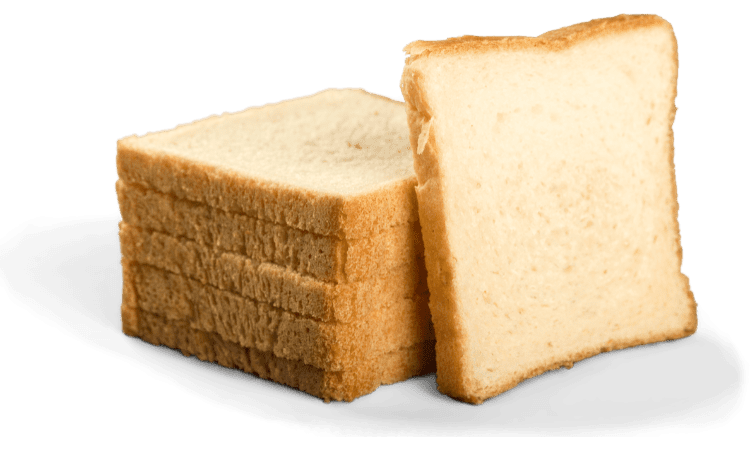
Make sure we leave our bread out on the counter. Putting it in the fridge will cause it to become stale while storing it in the freezer makes it soggy. If we keep it in the oven, however, things can get really bad: Our bread will harden and become crunchy.
Honey

Honey is one of the few items that must be stored at room temperature. The colder temperature will cause honey to harden and crystallize, which ruins its texture. The only exception is if we have raw honey, which must be stored in the fridge (but we don’t recommend eating raw honey).
Cucumbers
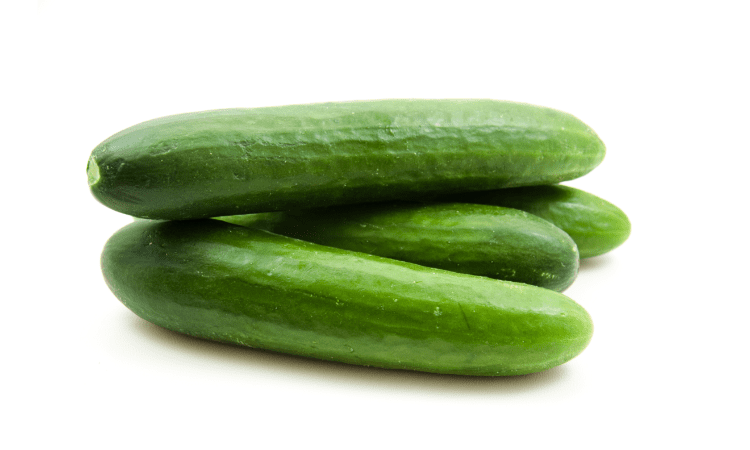
Cucumbers are a great food for weight loss. They’re low in calories and high in fiber, which helps us feel fuller longer. Plus, they won’t make our faces break out when we eat them!
However, keeping cucumbers in the fridge will cause them to rot quickly. To keep our cucumber fresh and crisp, store it in a sealed plastic bag or container until ready to eat. Cucumber seeds can also be used as exfoliators on our skin to help reduce acne and clear up blemishes!
Apples

Apples, like many fruits and vegetables, must be stored at room temperature. As with other fruits, they will keep for a longer time if we store them in a paper bag. If we store our apples in the fridge, they may become mushy or brown before we use them up.
Apples do not like the cold as much as other fruits do; this is why we don’t see many people storing their apples in ice cream parlors!
Fresh Herbs
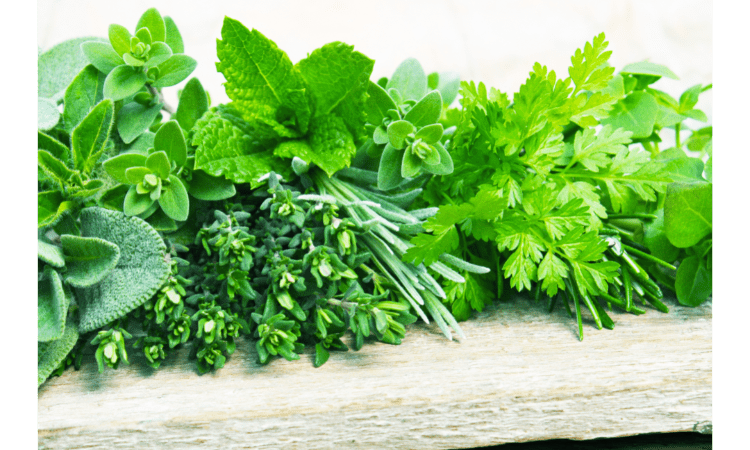
Fresh herbs, such as basil and cilantro, must not be put in the fridge. This is because the cold temperatures will make them lose their flavor and texture. If we do want to store fresh herbs, keep them in a cup of water on our countertop and refill the water every day or so.
Some items you must leave on the counter, in a basket, or in a paper bag, do not freeze them.

While the fridge is a great place for many items, some of them do better on the counter or in a paper bag. Here are nine foods we should seldom store in the fridge:
- Some fruits and veggies can take on an unpleasant flavor if they’re kept cold.
- Yes, this is true! Certain items have a shorter life span when we freeze them.
- If we don’t have room to store it properly, leave it out on our countertop instead of putting it in the fridge. This includes mushrooms, onions, and potatoes (although these last two can be stored at room temperature if they’re covered tightly).
Conclusion
I hope this list has helped you to get more comfortable with food storage. There are so many rules out there about what items must and shouldn’t be frozen, but it’s hard to keep track of all of them if you don’t know where to begin! Now that we’ve covered the basics, feel free to experiment with freezing different fruits and vegetables until you find what works best for your family’s needs.
Also Read: How to clean coils on the fridge











